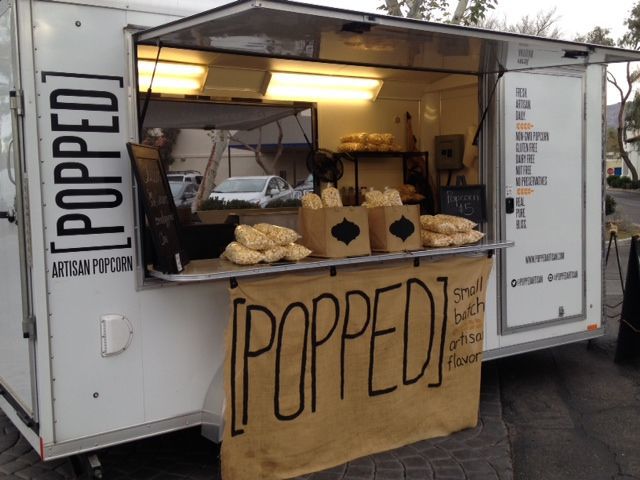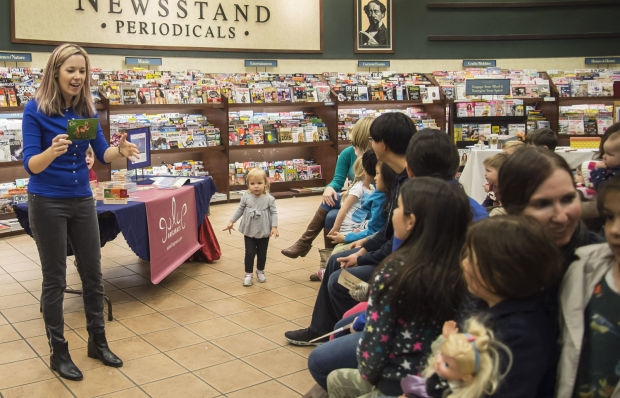Since starting the “Rosie on the House” radio show in 1988, I have talked about new tools and gadgets I discovered on job sites, the National Hardware Show and, even from listeners. Because of that, I am often asked for gift suggestions for the household handyman or home improvement weekend warrior. In the past few years, there have been more suggestion requests for items manufactured in America. It was reported by ABC News that the average American would spend $700 on holiday gifts and goodies that year, totaling more than $465 billion, according to the National Retail Federation. If that money was spent entirely on products made in the U.S., it would create 4.6 million jobs. (Current figures have not been released.)
Question: What is the Made In America Movement?
Answer: The “Made In USA” and “Made In America” movements mean that U.S. consumers buy products ranging from home products, tools, gear, gadgets, gifts, food, beauty, clothing and more from American manufacturers. In turn, this helps Americans keep their jobs while supporting American business owners who are struggling to keep their companies afloat.
These movements are dedicated to promoting this philosophy and educating consumers.
The Made in America Movement is the unified voice of American companies. MAM represents 20,000 American sourced companies and has 440,000 active consumer members. They are an independent, non-partisan organization dedicated to promoting American businesses and the families that rely on them.
The Alliance for American Manufacturing is a nonprofit, non-partisan partnership formed in 2007 by some of America’s leading manufacturers and the United Steelworkers. Their mission is to strengthen American manufacturing and create new private-sector jobs through smart public policies. They also compile a helpful annual gift guide including the 2019 Holiday Gift Guide.
Mark Andol, founder of the Made in America Store, focuses on saving and creating American jobs, especially in manufacturing. His brick and mortar general merchandise stores in Western New York sell 100% American-made products — even down to the packaging. His stores attract tour bus groups from all over the world.
Q: Are “Made In” and “Assembled In” America the same thing?
A: The easy answer is “it depends.” Per the Federal Trade Commission, for a product to be labeled “Made in USA,” or claimed to be of domestic origin without qualifications or limits on the claim, the product must be “all or virtually all” made in the U.S. which includes the 50 states, the District of Columbia, and the U.S. territories and possessions.
“All or virtually all” means that all significant parts and processing that go into the product must be of U.S. origin.
That is, the product should contain no — or negligible — foreign content. The FTC goes into further detail about how they determine “all or virtually all” made in the U.S. Details of the standard can be found at tucne.ws/usamadestandard.
If this is important to you, be sure to look at the name of the manufacturer of the product and search online or even call them to find out if that company is American-owned and where the products are assembled and made.
Because “Rosie on the House” merchandise is the one the most popular listener requests, we researched and collected American-made hand tools and a toolbox we think every Arizona homeowner would be proud to own.
Our 30th Anniversary Toolbox comes with “Rosie on the House” branding on the surface and is available at rosieonthehouse.com/estore.
Q: How much does it help our economy if we buy locally made products?
A: Buying locally can make a significant, positive difference in our local economy.
Local First Arizona, a nonprofit organization that celebrates independent, locally owned businesses, reports that for every $100 spent at a locally owned business, $43 remains in the economy. Compare that to every $100 spent in a non locally-owned business, only $13 remains in the economy.
Based on a recent study, if a community the size of Tucson shifted 10% of its spending from non-local to local businesses, the shift would have an impact of:
- 1,600 new jobs
- $53 million in new wages
- More than $130 million in total economic impact
The “Buy Local” movement is a plan for widespread economic development across Arizona.
Tucson has some great locally made products that make excellent gifts:
- H.F. Coors Pottery — Beautiful designs, commercial quality, restaurant grade, extremely durable and highly chip-resistant ceramic dinnerware.
- Cheri’s Desert Harvest — all natural and organic jelly, marmalade, honey, syrups, candy and quick mixes.
- Julie’s Originals — Desert Dwellers flash cards, Arizona greeting cards, desert animal posters and fine art prints painted by Arizona artist Julie Rustad.
- Ryndustries — custom metal yard art, indoor/outdoor funky signs, animal signs, lucky voodoo dolls, paintings, custom collages, cartoon illustrations.
- POPPED Artisan Popcorn
You can find more Arizona-made products at localfirstaz.com/source-az-makers.





